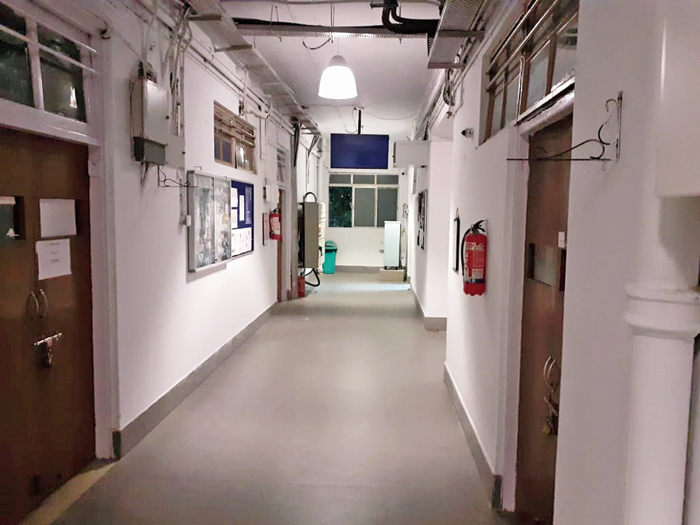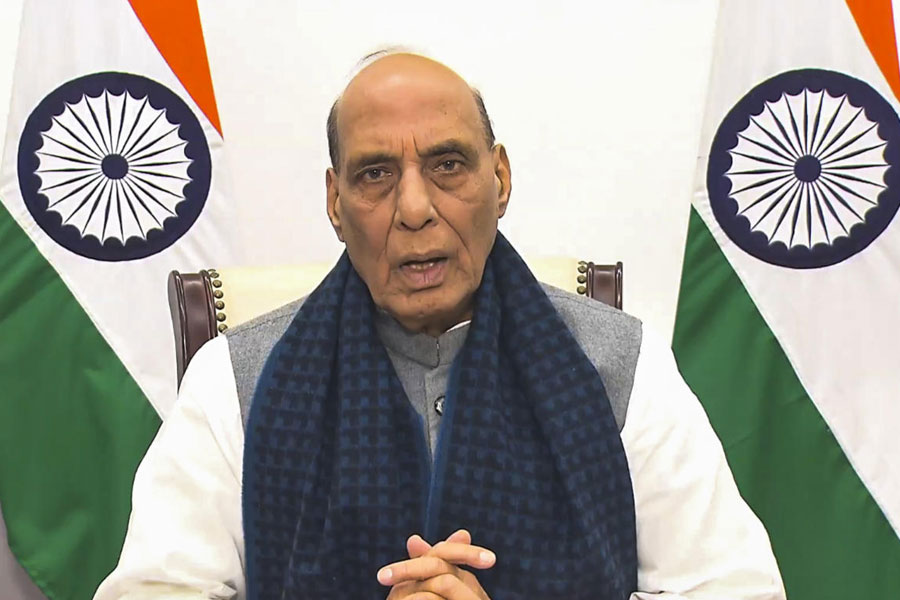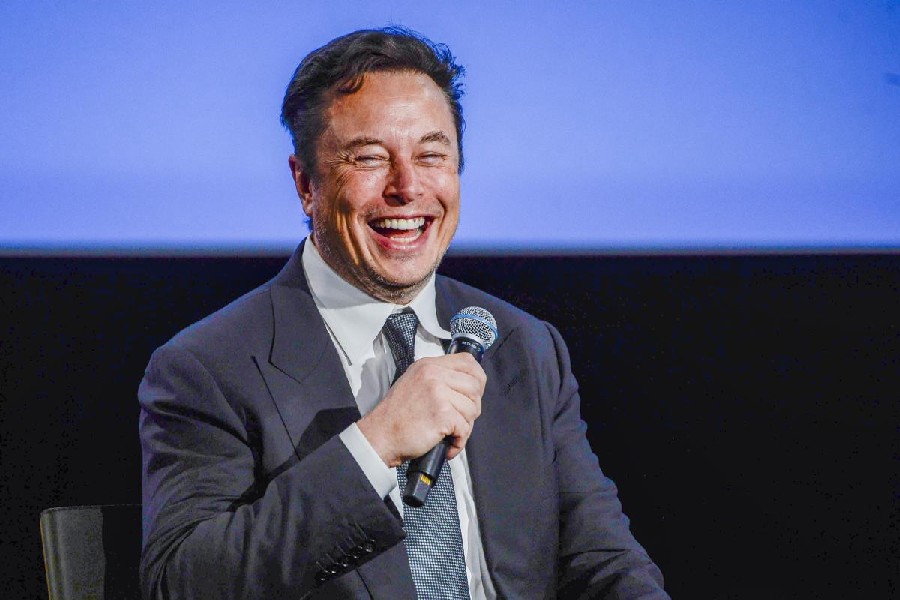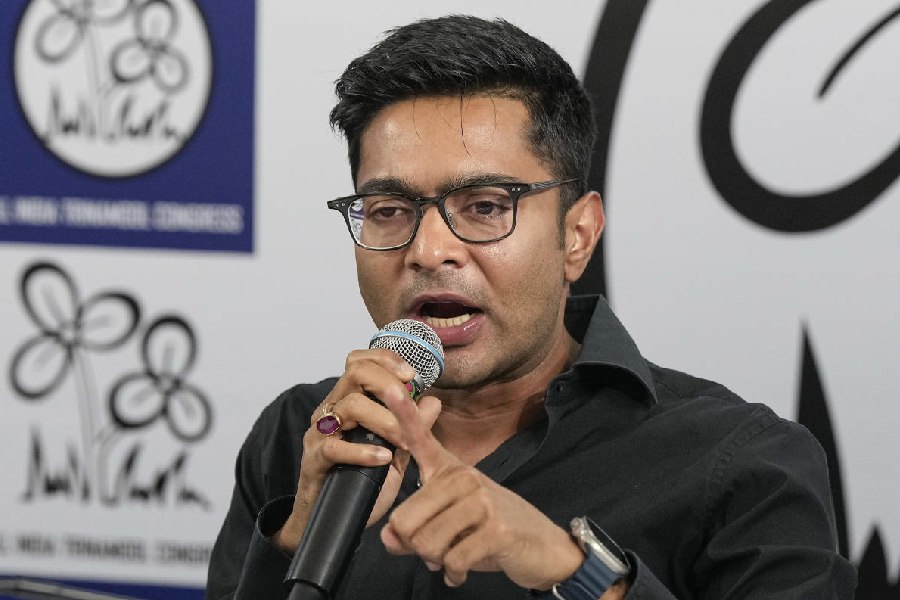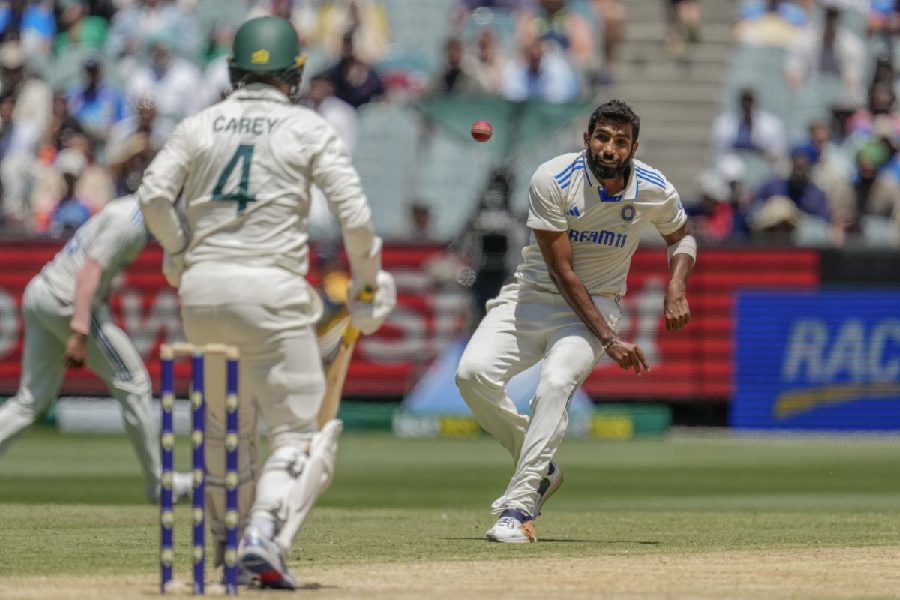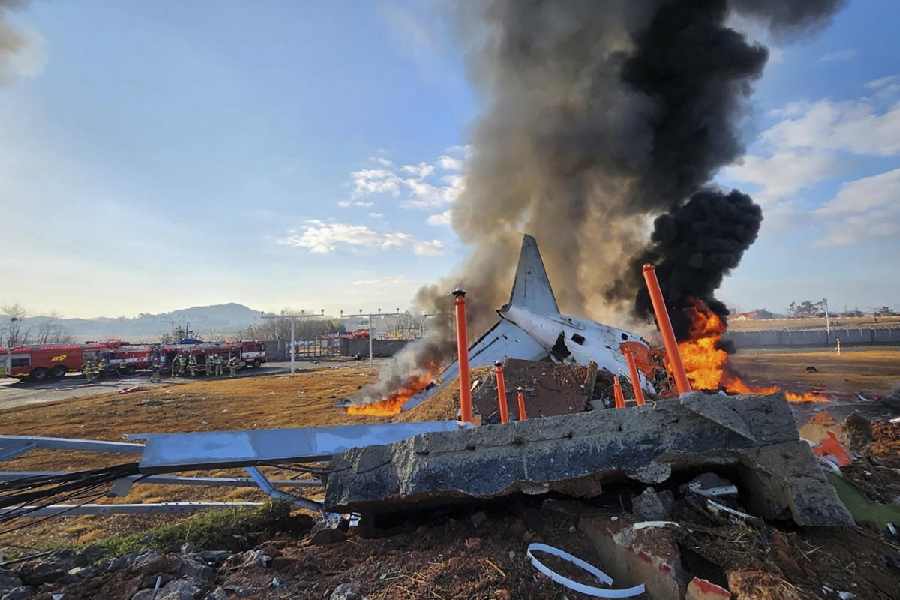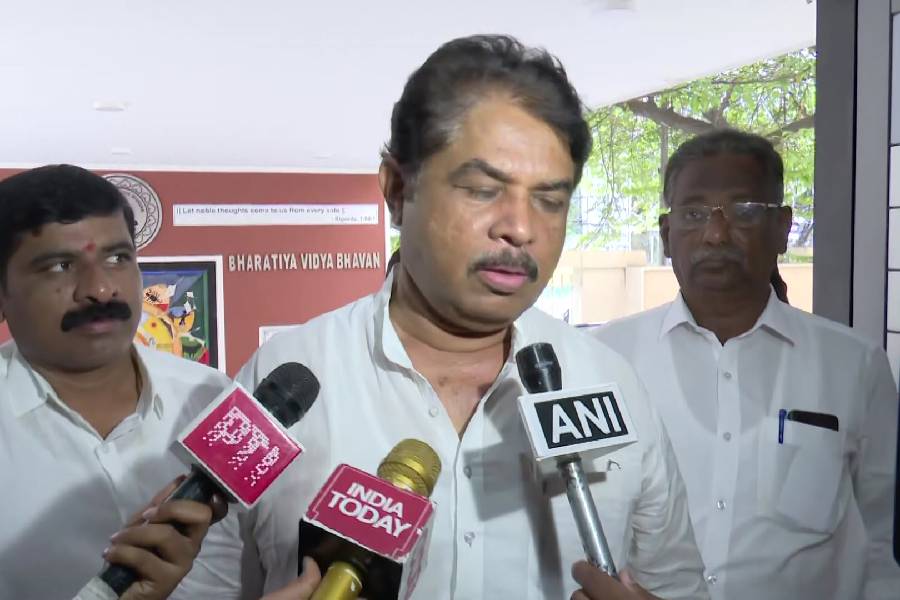Many years back, when I was a student at Cornell University pursuing my PhD in Economics I met the venerable Mukul Majumdar in the corridors of our department.
For the uninitiated, Mukul-da is like one of those old school teachers who never shied from scolding his students whenever he felt it right to do so. Those loving admonitions of Mukul-da are famous among his students who subsequently became famous economists in their own right.
We were discussing Bengali literature when he was aghast to know that I had not read Ichhamoti, Bhibhutibhushan Bandyopadhyay’s novel. He scolded me saying: “Bangla chhobi korte cholechho aar Ichhamoti poroni? (You are about to make a Bengali film and you haven’t read Ichhamoti?).”
He walked away in disgust. I went straight to the Cornell library where they have a brilliant collection of Bengali literature and read Ichhamoti, so that the next time I bumped into him I would be well prepared. I mention this incident because though Mukul-da is probably more than 30 years senior to me at Presidency, the intergenerational connection still remains and, importantly, it is beyond just economics.
A lot is being written about the fact that within a span of two decades a single economics department in Presidency College has given the world two Nobel laureates. Although Amartya Sen and Abhijit Banerjee are in the limelight, the list of such vibrant students are innumerable — Pranab Bardhan, Mukul Majumdar, Dilip Mookherjee, Debraj Ray, Maitreesh Ghatak, Parikshit Ghosh, to name a few who have remained in academia.
It makes one wonder what is so special about this department that has given birth to such exceptional talent over the years. I personally believe there are three main tenets of what contributes in the making of such talent and where Presidency contributes. One is injecting curiosity, second is building the knowledge base and third an environment for facilitating arguments. Let me delve into each of them.
I remember the first day Dipak Banerjee — Abhijit Banerjee’s father and a legendary teacher — taught our class at Presidency College. He threw in some words and jargon which were strange to our ears. Strange not only because of his clipped British accent but also because we wondered how they are related to economics? He mentioned something called “Occam’s razor”, which we kept wondering about. Subsequently, we realised that this was his teaching style. Rather than spoon feeding us with what is in the textbooks he would pique our curiosity in other ways. It was left to the curious mind to follow up on exactly what he was saying and that led one’s intellectual domain to unchartered and new territories.
Such inspirations often came from fellow students too. In my documentary The Argumentative Indian, Amartya Sen recalls how his colleague at Presidency College, the great Sukhamoy Chakravarty, introduced him to the work of Kenneth Arrow who had published his seminal paper on the “Impossibility Theorem” that year. That piqued his curiosity to follow up on Social Choice Theory for which he ultimately won the Nobel Prize many years later.
This tradition was true when I was in college almost 40 years later. My fellow students often talked and discussed the works of John Hicks or Gerard Debreu even though this was not a part of our standard curriculum. This penchant for looking beyond boundaries is so crucial at this formative stage of the mind that its repercussions are felt way beyond the years at college. Second was building the knowledge base and I emphasise “true” knowledge which spans from economics, to literature to politics and poetry. The famous Presidency canteen was a den of such activities — along with some nefarious activities, too, which are best left unexplored in this write-up.
Though I am avoiding it here, one should mention that now I realise that such wavering beyond a discipline is also an equally important part of one’s wholesome development as a human being. It is in the Presi canteen that youthful minds were exposed to Nirendranath Chakraborty’s poetry, to the genius of Bibhutibhushan Bandyopadhyay, to the philosophy of Bertrand Russell, to the magic realism of Gabriel Garcia Marquez, to the politics of Marx, Vittorio De Sica’s films and much more.
This tradition has carried on since the hey days of Presidency. And for a subject like economics this is of paramount importance since one not only needs a strong analytical mind to study complex phenomena but that should be combined with a keen sense of awareness and knowledge in other dimensions too. I once asked Sugata Bose about his intellectual life in Presidency. He had told me that to be abreast of the discussions at the Presidency canteen was the best reading material one could have. In order to just participate in such vibrant intellectual discourses and not feel left out was a daunting task in itself. This intellectual fervour feeds upon each other and enriches the human capital base of all the students.
Lastly, the spirit of argument is of utmost importance for the flourishing and nurturing of ideas. One gets to hear opposing arguments, consider them and fight over them sometimes quite literally. I have witnessed so many such fights — sometimes ideological, sometimes political or sometimes pure foolhardiness — which ended in bonhomie over a cup of tea at the Coffee House. Presidency College provided that intellectual space wholeheartedly. I should also mention one thing that was an exception at Presidency College economics — the personal connect between the teachers and students was such that there was no apparent barrier between them.
Let me qualify this aspect with an anecdote. When Mukul Majumdar was a student at Presidency College way back in the 60s he was taught by Bimal Jalan, who was also a former student of the college and subsequently went on to become the chairman of the Reserve Bank of India and one of the most accomplished writers on the Indian economy with several important books to his credit.
I have heard this story from both Mukul-da and from Bimal mama, who is related to me. He observed this outstanding student in his class and felt that he needed to be in the best of places to pursue his academic career.
On his own initiative he went and met Mukul-da’s father, who was a teacher himself, and told him about the opportunities that his son could avail by applying abroad. Mukul-da subsequently went to the University of Berkeley for his PhD and taught at places like Stanford and Cornell, becoming one of the brightest researchers in the world and carrying on this tradition of advising and creating some of the best academicians today.
The purpose of this write-up is not to exalt in parochialism about Presidency economics but to lament the current state of education in our country, where in this increasing world of specialisation such purity of education is almost non-existent. Hopefully universities and colleges can strive to regain that wholesome education experience which nourishes bright minds, otherwise the likes of Abhijit Banerjee would be a nostalgia of the past.

